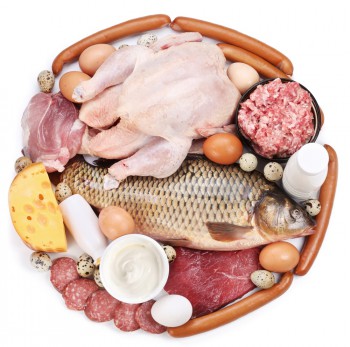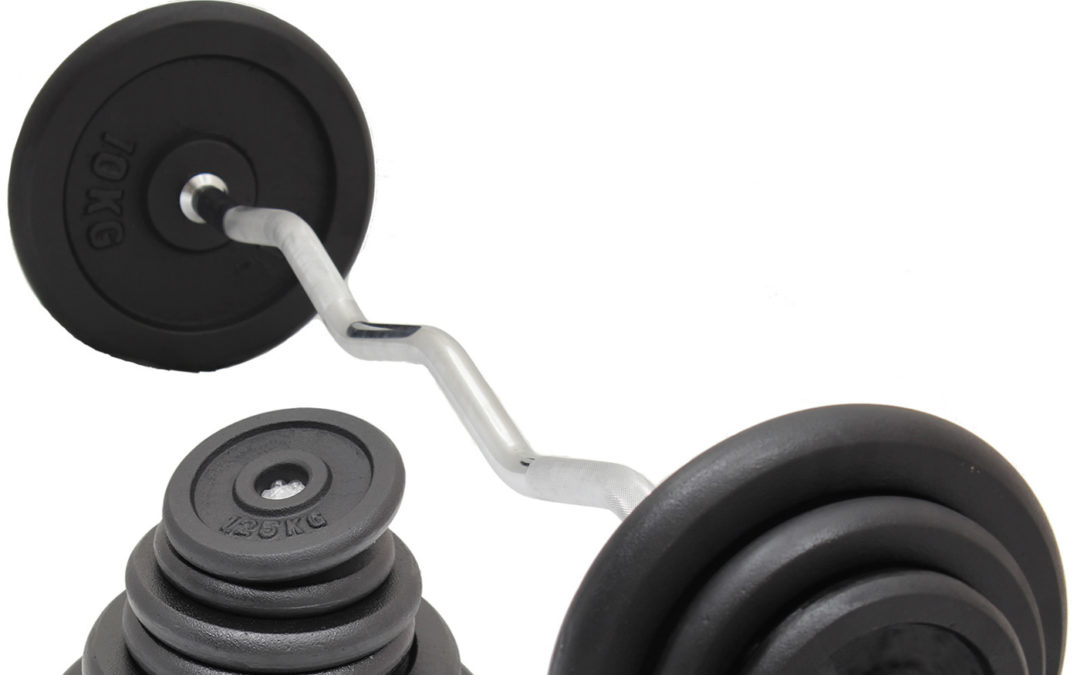Max Gains: Effective Protein Use
So many times in the gym you hear about athletes trying to force feed themselves as much protein as possible in one heavy dose – more is more, right? Wrong.
Your muscle mass is continuously regulated by a balance between muscle protein synthesis and muscle protein breakdown – a very simplified version of muscle metabolism if you like.
Performing resistance training followed by the consumption of protein results in an augmentation of muscle protein synthesis and, over time, can lead to enhanced muscle hypertrophy. The level of resistance training linked increases in this protein synthesis is dictated by a variety of factors including: protein dose, source of protein, and possibly the distribution and timing of post exercise protein ingestion – when you eat/drink it, what you are eating or drinking and over what time. Training variables such as frequency of sessions, time under tension, training volume, and training status play strong roles as well.
That’s the science, but what are some simple tips you can take away to bust the myths and increase the effectiveness of your use of protein post workout?
Dose:
So many times in the gym you see lifters trying to force feed themselves as much protein as possible in one strong dose while they are still dripping wet from their rushed shower after the gym- more and faster is more right? Wrong.
One recent and thorough literature review found that the dose of protein beyond which there was no further increase in Muscle Protein Synthesis in young men was approximately 0.25 g/body mass in kg/meal. It it is a given that there is wider individual variability than the subjects tested across the papers which were reviewed so this was expanded to a ideal dose of 0.4 g/kg/meal. In their view, ingestion of protein beyond this dose would result in no further stimulation of muscle protein synthesis.
For an 85kg athlete this would be 0.4 x 85 = 34gm of protein per meal/meal replacement post exercise.
Similar results have also been found at rest for muscle protein synthesis using whole food (90% lean ground beef) in young men and women where a moderate (~30 g protein) amount was just as effective as a high (~90 g protein) amount, as protein consumed beyond the estimated optimum level is simply oxidised at a higher rate.
It is also worth noting that the recommended daily dietary allowance for the United States is listed as 0.8 g/kg/day, which, for our 85 kg individual, would equate to only 68 g of protein per day.

Timing Of Ingestion:
Resistance training creates peaks in muscle protein synthesis for approximately 48 h and muscle protein breakdown for 24 h, Given the sensitising effect of resistance exercises, it seems most advantageous to ingest protein in the post period, rather than pre.
A recent meta-analysis examining protein timing and hypertrophy (growth) concluded that the ingestion of a post exercise supplement in close time proximity to resistance training positively influenced hypertrophy however other studies show it is the daily consumption that has the greatest effect and in fact state that timing is less relevant.
Nonetheless, practical advice for your training environment would be that the post exercise period is a time when rehydration, refuelling (carbohydrate), and repair of damaged tissues should occur (normal effect of resistance training).
In other words, don’t panic if you can get your protein in within 30mins of rest post residence training, it is probably not that important, but do replace or supplement your protein intake with the short-term recovery period.
Large protein doses before sleep also seem to have a positive effect on acute muscle protein synthesis and chronic skeletal muscle adaptation – sleep is the most important recovery time of course, however ingesting nutrients before dinner can have a negative effect on sleep patterns and ability to get to sleep. Although maybe after a huge session in the gym you wont have any trouble!
Protein-Carb Link:
The purpose of carbohydrate co-ingestion with protein is to stimulate insulin release beyond that seen with protein ingestion alone,with the idea that insulin improves overall protein balance.
Insulin infusion at rest is known to increase blood flow and when mixed with protein can also increase muscle protein synthesis, however the same effect is not seen after resistance training.
A review of literature indicates that when providing adequate protein intake with resistance training, there is no strong benefit of co-ingesting carbohydrate on stimulating muscle protein synthesis. However, carbohydrate replenishment has very important roles outside this and should be included as part of recovery where indicated for these reasons.
Protein Use Summary
- Ideal Dose: 0.4 g/kg/meal
- Ideal Timing : Within the recovery period post exercise but not absolutely critical as long as replacement occurs within 24 hours
- Must I include carbs?:
No, this will boost insulin but the flow on effects post resistance training are not as strong as once thought. That said you should target your nutrients to your needs in the recovery phase of any exercise and eat a balanced diet overall.
Finally, the magnitude of gains that are attributable to protein supplementation compared to the overall gains made as a result of just getting in the gym and doing a resistance raining program itself appear to be relatively small. So – stop worrying about how much powder you have in your shake or if you have boiled enough eggs and chicken – just get in the gym and lift!

